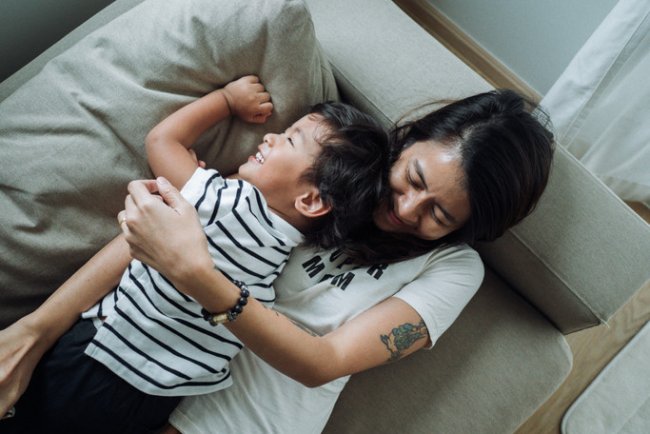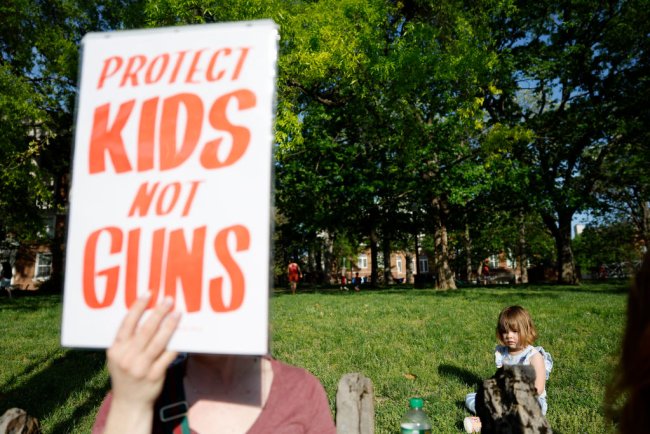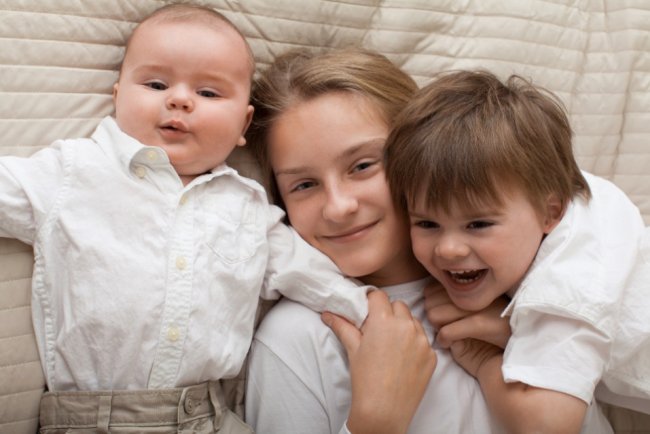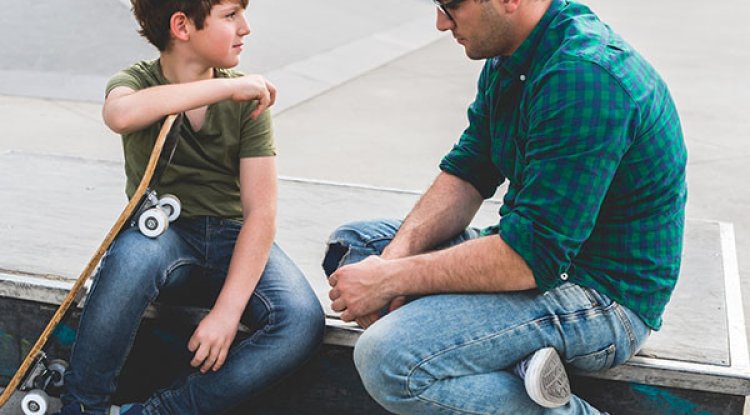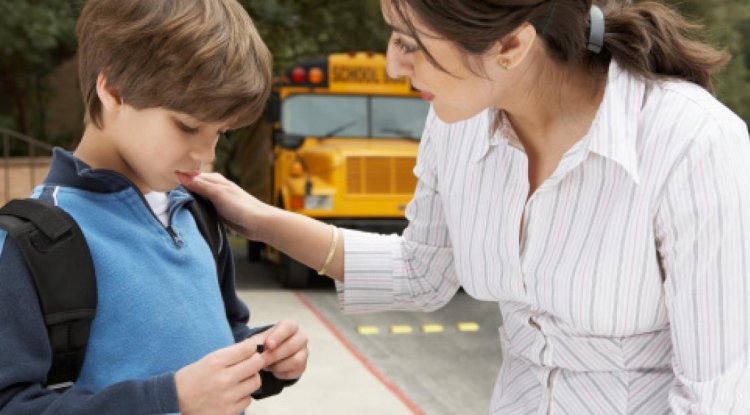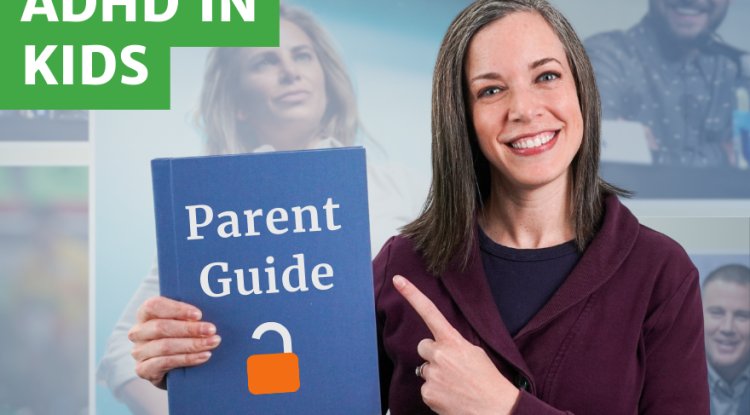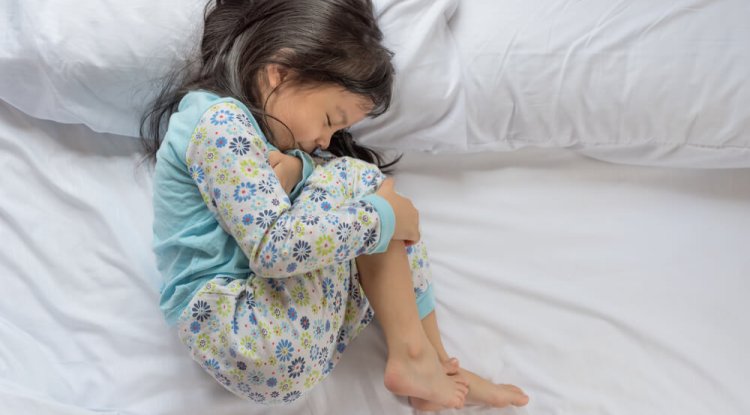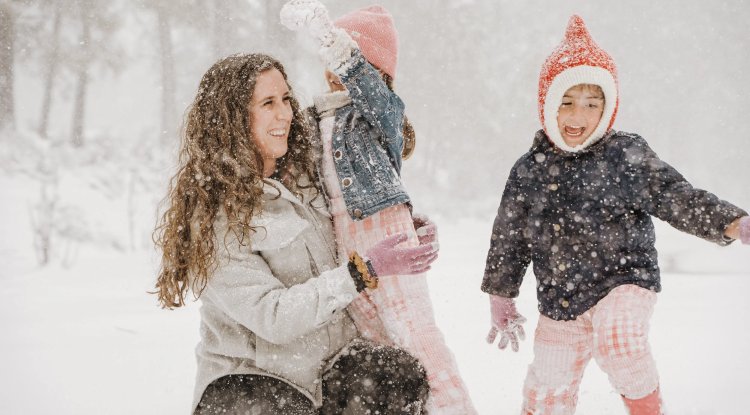What Happened When I Stopped Saying “Be Careful”
The first morning back after winter break, the air was sharp, the sidewalks slick, and kindergarten was finally open again. My son Milo marched ahead of me, eyes fixed on a snow pile that was just begging to be climbed. I, of course, noticed something else, a patch of ice right in front of him.
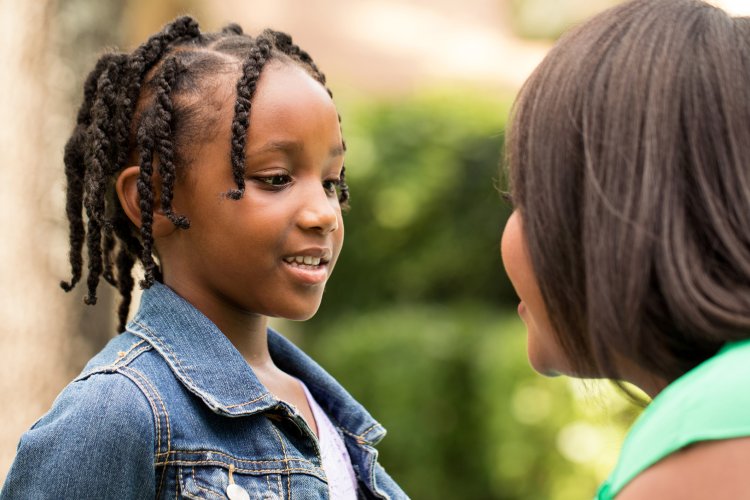
So, naturally, I helped.
“Be careful,” I said.
Classic move.
I say those words like it’s my job during bike rides, at the playground, while getting out of the bathtub, or even while eating breakfast. “Be careful” has become my reflexive soundtrack to parenting. But if I’m being honest, I can’t recall a single moment when those words actually made my kids… careful.
Why “Be Careful” Doesn’t Work
It turns out, there’s a reason for that. Dr. Joshua Sparrow, child psychiatrist and director of the Brazelton Touchpoints Center at Harvard-affiliated Boston Children’s Hospital, explains that children learn meaning from context. When we use the same vague phrase for every possible situation, it loses all significance.
More importantly, “Be careful” doesn’t actually tell a child what to do. It’s like shouting “Do better!” to someone who doesn’t know how.
So, I decided to try an experiment: for one week, I would ban “Be careful” from my vocabulary. No more default warnings. Instead, I’d offer specific, useful guidance if I said anything at all.
Before I started, Dr. Sparrow suggested three principles to keep in mind:

Ask, “What’s the worst that could happen?” A scraped knee doesn’t require an intervention.
Eliminate only the unnecessary risks. (Yes, standing on the coffee table qualifies.)
Pay attention to what kids can actually do. Their abilities change quickly, sometimes within hours.
That last one stuck with me.
Months earlier, Milo had been scrambling over seaside rocks near our house. I was half-panicked, half-fascinated, watching him crouch low, assess his jumps, and land with balance and focus. He was being careful just not in the way I defined it.
The Week I Shut Up
So how did my experiment go?
Surprisingly well.
By deciding not to blurt out “Be careful,” I had to think before speaking. I slowed down. I got quieter. I watched more. And, maybe most importantly, I gave Milo some space.
On Day Two, we went biking. The street was empty, the morning calm. I stayed silent. He fell, scraped his knee, got up, and kept going, no drama, no tears.
Later, when he stood a bit too close to the street, I said calmly, “Take one step back toward me.” He did, immediately. When we walked home on a road without sidewalks and a car approached, I asked, “What do you hear?” He paused, listened, then moved to the grass.
Was I building his situational awareness? Maybe. Or maybe I was just talking less, which meant he was tuning me out less. As Dr. Sparrow reminded me, being heard isn’t only about words, it's about tone, timing, and genuine curiosity.
When Things Still Go Wrong
I wish I could end this story with a slow clap and a Father of the Year trophy. But parenting experiments rarely go that smoothly.
On the afternoon of Day Two, my sons Milo, six, and Levi, three and I were exploring an old cemetery, climbing a small hill of rocks. I was doing great at keeping my mouth shut. Everyone was being careful.
And then, my foot slipped.
I fell forward, landing right on top of Levi.
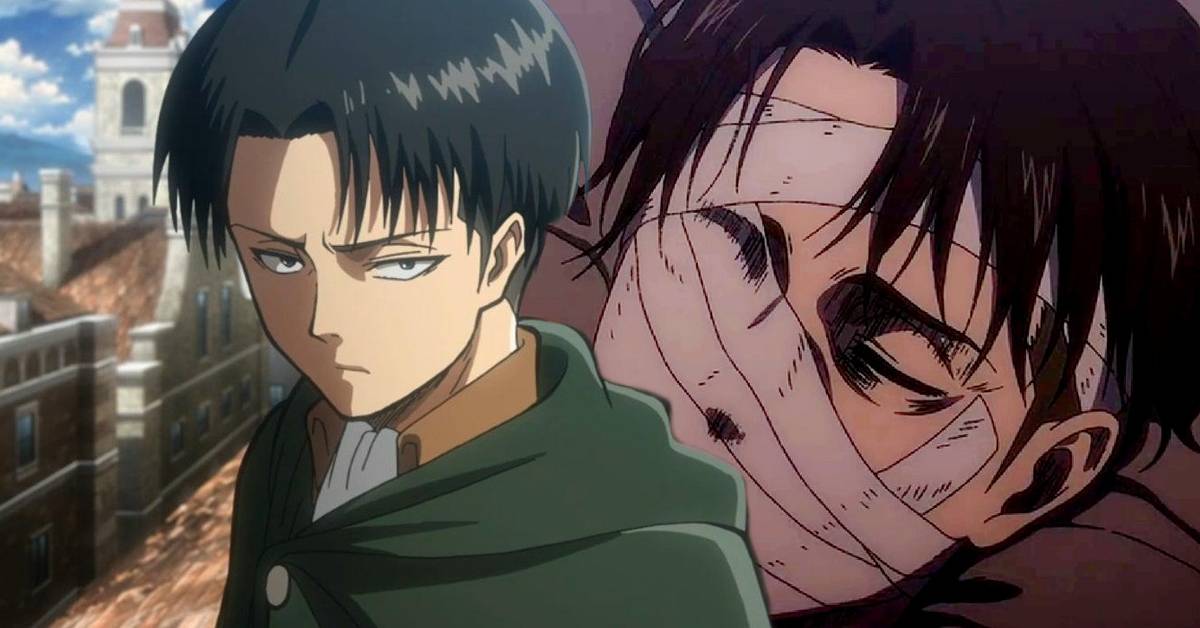
The next few hours were a blur of blood, guilt, and the emergency room. Four stitches on his forehead, a shaken dad, and an avalanche of regret.
Levi recovered quickly helped along by cookies, popsicles, and unlimited truck time but I couldn’t shake the thought that maybe silence wasn’t the answer either.
Then it hit me: it was an accident. A painful, awful one, yes, but still an accident. And they will happen no matter how many “Be carefuls” or silent experiments I run.
The Real Lesson
Parenting, I’ve realized, isn’t about controlling every risk. The goal is to assist our children develop resilience, discernment, and self-assurance so they can manage risk on their own.
My job isn’t to wrap them in bubble wrap or hover with warnings. It’s to stand nearby, calm and alert, ready to guide when needed and quiet enough to let them try.
So, what happened when I stopped saying “Be careful”?
I started trusting.
Trusting my kids. Trusting their instincts.
And maybe, little by little, trusting myself.
What's Your Reaction?







